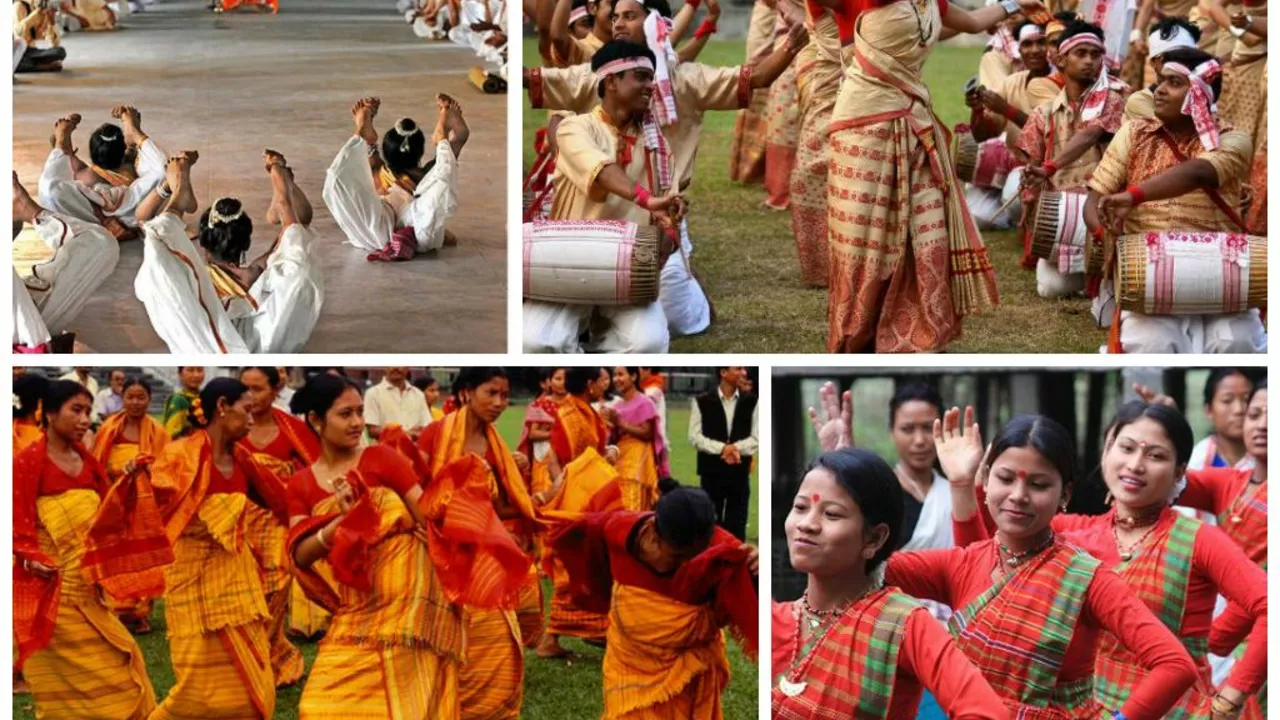Cultural Adaptation and Travel: Moving from India to Japan
You’ll notice one thing fast: silence on trains is the loudest cultural shock. That quiet tells you a lot about daily life in Japan—rules, respect, and routines matter here. For Indians thinking about settling, that can feel strict at first, but it’s also what makes daily life smooth once you get used to it.
Language is the biggest immediate hurdle. You don’t need perfect Japanese, but basic phrases for greetings, asking directions, and reading signs help a lot. Use apps like Anki for flashcards, try a local class once you arrive, and focus on practical phrases—train station names, polite forms, and numbers. Employers in IT and engineering often use English at work, but knowing Japanese opens more doors and makes daily errands easier.
Before you move: quick checklist
Get your visa and know the job rules: work visas vary by skill and employer, so confirm what your company will sponsor. Sort out housing options—shared apartments or company housing are common starting points. Expect different rental rules: guarantor requirements, key money, and initial fees. Research the city’s commute times; a shorter commute beats cheaper rent far more often here.
Prepare documents: your degree certificates, police clearance, and a translated resume can speed up job and visa processes. Open a bank account soon after arrival; you’ll often need a residence card and a local phone number. Carry digital copies of important papers to avoid last-minute stress.
Daily life: what to adapt to and why it matters
Punctuality is serious—being on time for trains, meetings, and social plans shows you respect others’ time. Learn trash rules for your ward: recycling is strict and schedules vary by item. Eating out is easy but expect smaller portion sizes and fewer carryout options; convenience stores are lifesavers for quick, cheap meals and useful services like bill payment.
Social life builds slowly. People can be polite but reserved until you spend time together. Join language exchanges, hobby groups, or local Indian community events to meet friends faster. Work culture may include after-work drinks; attend occasionally to build rapport but set boundaries if needed.
Money matters: the cost of living is higher than many Indian cities, but salaries in tech or engineering roles often balance that out. Learn to budget for housing, health insurance, and commuting. Sign up for the national health insurance right away—medical costs drop significantly once you’re covered.
Give yourself time. The first few months are about logistics: residence card, insurance, bank, phone, and local registration. By six months you’ll know your neighborhood, favorite grocery store, and regular commute. By a year you’ll feel more comfortable navigating customs and cultural quirks. Be patient, stay curious, and use local communities and online groups when you need practical help—many Indians have already figured out the tricky parts and are willing to share tips.

How hard is it for an Indian to settle in Japan?
As an Indian, settling in Japan can be both challenging and rewarding. The language barrier is the most significant hurdle, as Japanese is the primary language and English is not widely spoken. Cultural differences can be overwhelming, but once understood, they enrich the experience. The cost of living is high compared to India, but work opportunities, especially in IT and engineering, can offset this. Overall, the process demands adaptation, patience, and openness to a new and very distinct culture.